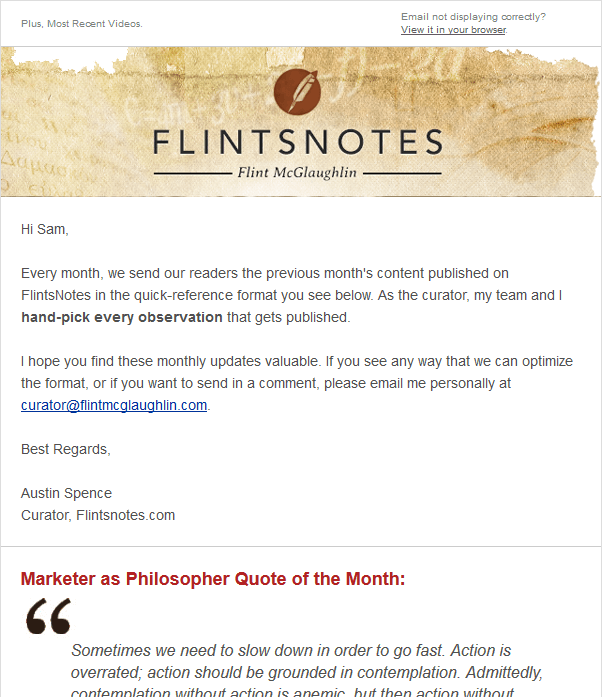Consider this: There are many things I cannot know. And because I cannot know them, I conclude that I am a limited being. The knowledge of my limitations motivates me to consider the possibility of a being that is virtually unlimited. In this way, I discover the possibilities of the Ultimate (GOD) – through the impossibilities of the incipient (myself).
Now I experience a kind of conflicting emotion. It is one part awe, and one part fear. The more I consider the possibility of the Ultimate, the more I experience awe. This awe leads to a kind of fear. I am helpless. What if the Ultimate is against me?
Could I teach this with a novel and with journal entries? I think it might be possible. It might make this accessible.
Some of this may be understood through my previous work on “entity, acts, within environment”: Entities (incipient and Ultimate), Acts, and Environment.
- The Ultimate is self-attesting.
- The Incipient is dependent upon the Ultimate
- The Incipient cannot be (independently) certain of truth
- Yet the Incipient must try (How can he do otherwise?), hoping that the Ultimate will help
- Even then, the Incipient must respond to this help, without certainty, because the decision still seems to involve his limited judgment.
Notes:
- Could I represent all of this as “the incipient realizes. . .”
- Christianity must be thought of as way, not just as beliefs. It is a way to live. These various theological approaches are to be mediated through obedience. Theology may be understood through obedience.
- We say, “Who is God?” The Psalmist says, “Who is man. . .?”
- I am considering a book on God. I want to worship. I want to engage in a kind of theoretical, theological physics. What should be the direction of this thinking? Do I write this for others, or do I write this for me? I know it is ultimately for the Ultimate, but I must consider how it is to be interpreted. The title could be this: The Possibility of God. Maybe it ought to be this: The Possibilities of God. What are the chapters? It could have two sections: “Possibilities” and “God”.
- Think of worship as alignment.


